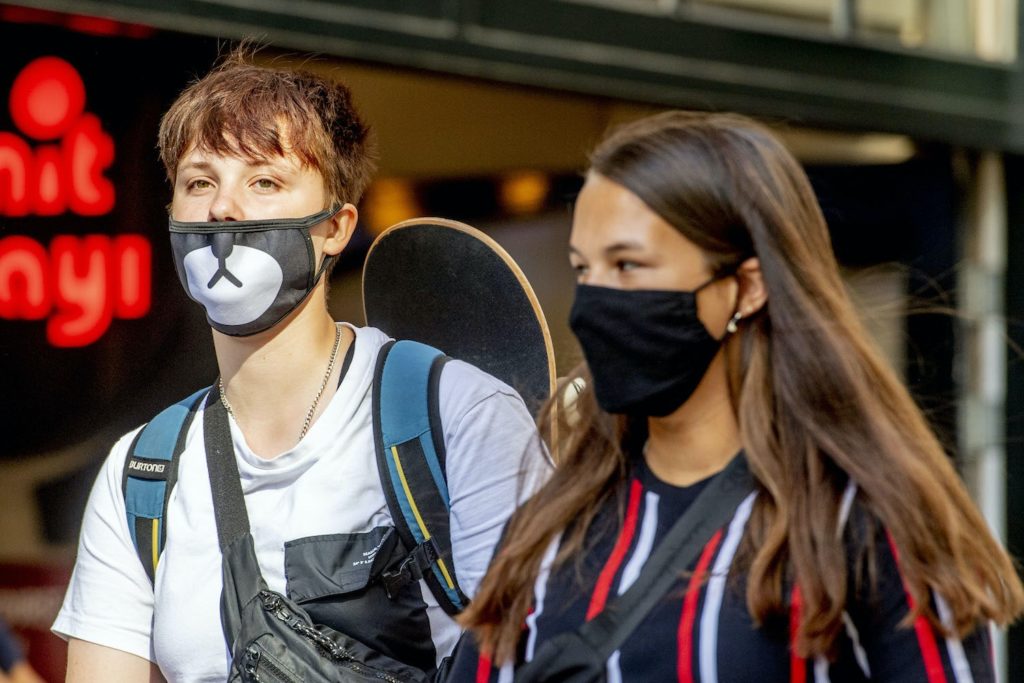The number of new weekly coronavirus cases is rising again in Brussels as Belgium's national average continues to decrease, figures showed on Wednesday.
The latest numbers from health institute Sciensano showed that, in the period of 16 to 22 August, the number of newly detected cases in the capital region rose by 73 to reach 896, an increase of around 8% in comparison to the previous seven-day period.
The slight increase in Brussels comes as average national figures for new weekly cases continues to fall, dropping to 490.3 new infections on average on the same period, a decrease of 8% compared to the week before.
Related News
- Only four in ten tourists returning from red zones get tested
- Brussels Region announces its four coronavirus priorities
- Coronavirus reinfection discovered in Belgium, virologist says
The last case on record on Sciensano's datasets dates from 24 August, with the figures suggesting that on average, 128 new cases were still being detected weekly in the Belgian capital, Bruzz reports.
In the period covering the previous nine days, there were 13 coronavirus deaths recorded in Brussels and 69 new hospitalisations, bringing the total of Covid-19 patients in Brussels hospitals to 143, out of which 28 in the intensive care unit.
The rise in the figures in Brussels comes after previous reports indicated to a slowdown of the virus' transmission in the capital, recorded in the period from 14 to 20 August, upsetting an overall trend of declining indicators throughout the country.
One week after regional officials made face masks mandatory in all public places in the capital region, 13 municipalities remain above the new-case alarm threshold of 50 new weekly cases per 100,00 inhabitants.
With 51 new weekly cases/100,000 residents, Ixelles is the latest municipality to cross the threshold, while Etterbeek dropped below it at 48.
The other municipalities that remain above the threshold are: Saint-Josse (113), Berchem-Saint-Agathe (107), Molenbeek (106), the City of Brussels (97), Schaerbeek (94), Forest (91), Anderlecht and Saint-Gilles (80), Jette (78) and Koekelberg (68).
The Brussels Times

